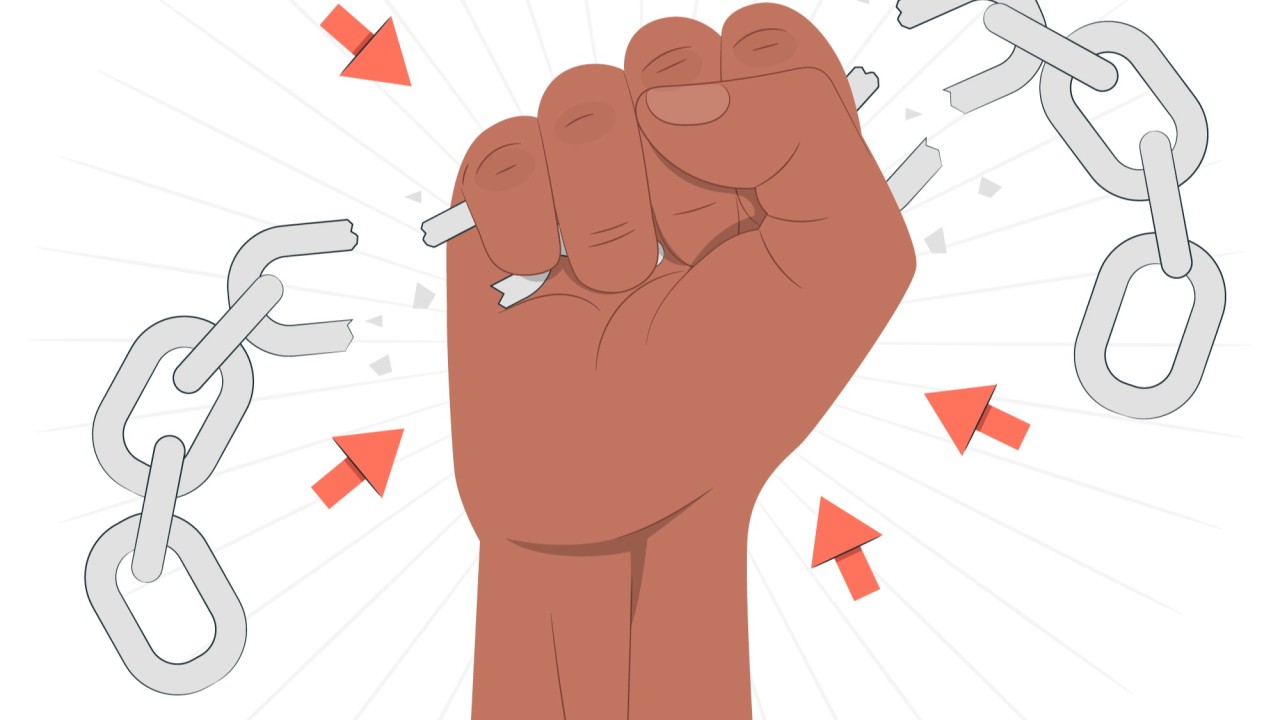
Career Tips to Unlearn: Myths That No Longer Apply
In today’s rapidly changing professional landscape, many long-standing career beliefs no longer serve us well. Unlearning these outdated tips is key to thriving in the modern workplace. Here are a few common myths that are no longer relevant:
1. You Shouldn’t Have a Gap Between Jobs
It was once believed that a break between jobs signaled a lack of commitment. Today, taking time off to unwind, recharge, or even pursue personal passions is perfectly acceptable. Many employers now recognize the value of candidates who have taken time to refresh and reflect. Breaks can make you more effective and focused when you return to work.
2. You Should Stay with One Company for a Good Career
Gen Z wants change and different experiences. Companies have accpeted this trend and realigned themselves to the fact that people will join them for limited period and they will have to hire people with multiple job changes. However, if you take a job please work for 2 years at least. Companies still do not consider expereince of less than two years as relevant experience.
3. You Shouldn’t Take a Sabbatical
Historically, sabbaticals were viewed negatively. However, taking a short sabbatical of up to six months is now widely accepted and can even boost your career by giving you time to re-evaluate goals, gain new skills, or prevent burnout. Longer sabbaticals, while they may raise questions, can still be acceptable if you use the time wisely and explain it strategically.
4. Job Security is the Most Important Thing
While job security used to be paramount, flexibility, personal growth, and job satisfaction have taken center stage today. The modern workforce values adaptability and learning new skills, with employees who have moved between roles and industries. Career growth often comes from embracing change rather than clinging to job security. However, during a downturn job security is critical.
5. Overtime Equals Success
The myth that working more hours guarantees success is fading. The focus is on the outcome rather than hours. The expected outcome may take long hours to complete. You can minimize long hours by a combination of smart work and hard work. For example, smart software engineers use Gen AI effectively to produce programs in a shorter time frame without burning out. This helps product companies to reduce the time to market and help employees maintain work life balance.
6. Climbing the Corporate Ladder is the Only Path to Success
In the past, climbing the corporate ladder was seen as the only way to advance your career. However, with the rise of entrepreneurship, freelancing, and expert career tracks, there are now many ways to define success. Lateral moves, career pivots, or starting your own venture are equally valid paths that can lead to fulfilling and lucrative careers.
7. You Must Follow a Linear Career Path
Many still believe a career should follow a clear, linear trajectory. However, career paths today are much more flexible and non-linear. People change industries, roles within the same company, geographies, and develop portfolio careers where they juggle multiple roles at once as freelancers. This allows for more creativity and personal satisfaction.
Unlearning these myths can help you better navigate your career, empowering you to embrace change, flexibility, and personal growth in today’s dynamic job market.
Please let me know what you think?